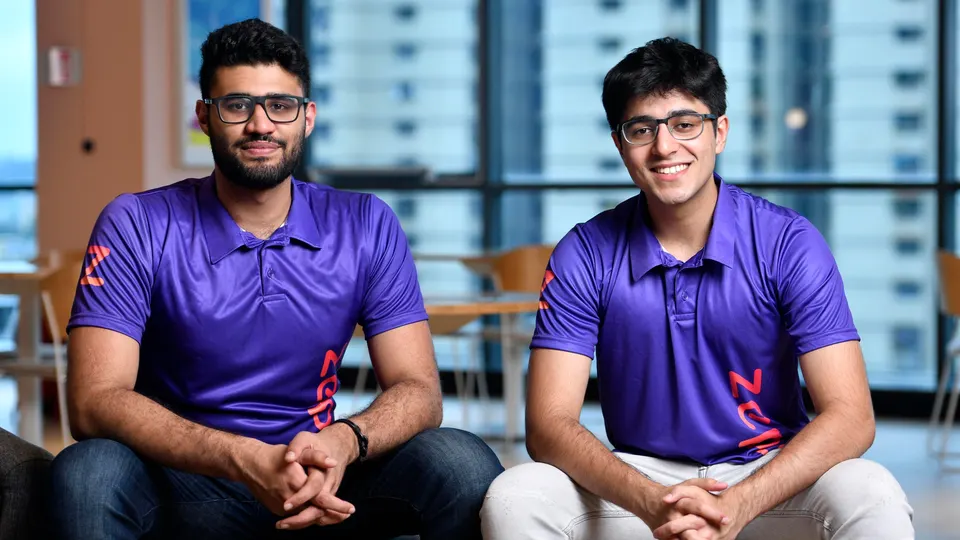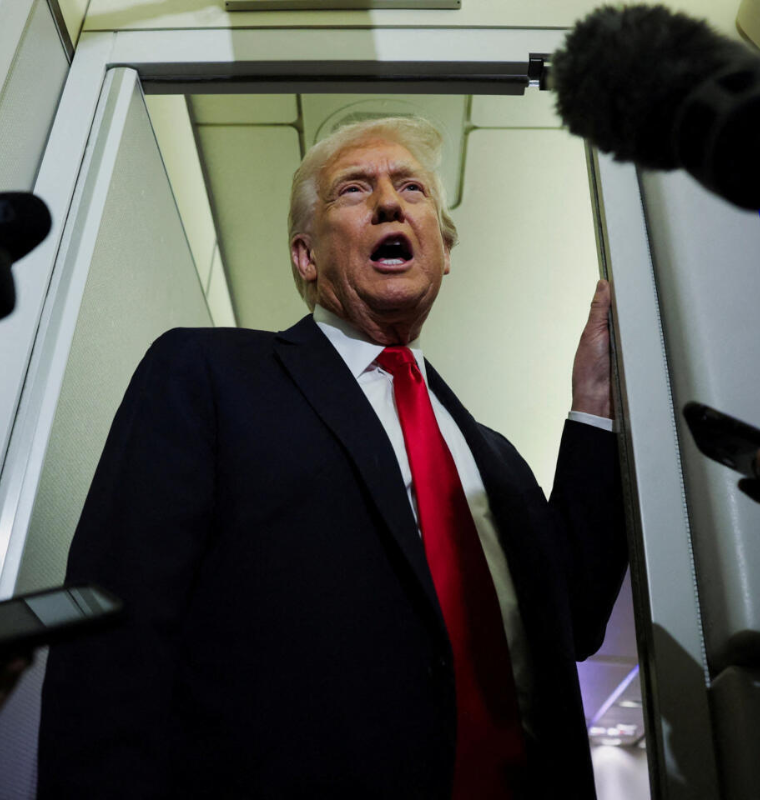Zepto: India’s 10-Minute Delivery Disruptor Changing How a Nation Shops
Zepto: India’s 10-Minute Delivery Disruptor Changing How a Nation Shops
By
Calder Monroe
Last updated:
July 30, 2025
First Published:
August 3, 2025

Photo: Forbes
In India’s dense urban jungles, where traffic snarls and logistical chaos are part of daily life, the idea of receiving groceries within 10 minutes of ordering may sound impossible. But for millions of customers, it’s already a reality — thanks to Zepto, the quick commerce startup that’s rapidly redefining how Indian consumers shop.
Founded by two teenage Stanford dropouts during the pandemic, Zepto has become one of India’s fastest-growing startups, carving out a powerful niche in the fiercely competitive grocery delivery market.
A Teenage Dream Turned Billion-Dollar Idea
Zepto’s story begins in 2021, when co-founders Aadit Palicha and Kaivalya Vohra — both just 19 years old — returned to Mumbai from Stanford University due to COVID-19 lockdowns. Frustrated with the slow and unreliable online grocery experience in India, they saw a massive opportunity: deliver essentials faster than anyone else — in just 10 minutes.
What started as a bold experiment quickly turned into a sensation. The founders built Zepto around the “dark store” model — small, hyperlocal warehouses strategically located in high-density neighborhoods — enabling rapid fulfillment with tight delivery radiuses.
The name “Zepto,” derived from a mathematical term meaning a very small unit of time, perfectly reflects the brand’s obsession with speed.
Cracking the Code of Quick Commerce
Zepto’s success lies in more than just fast bikes and warehouses. Its backend operations run on deeply optimized tech infrastructure, with real-time inventory management, intelligent route planning, and demand forecasting. The company fine-tunes every detail — from product placement in storage racks to rider dispatch systems — to shave off precious seconds.
By mid-2023, Zepto operated hundreds of dark stores across major Indian cities like Mumbai, Delhi, Bangalore, and Hyderabad. Its product catalog ranges from fresh produce and dairy to household goods and ready-to-eat meals. Despite the speed promise, the platform maintains strong reliability and quality assurance — two critical factors in earning customer trust in grocery delivery.
Funding and Explosive Growth
Investors quickly took notice. Within two years, Zepto raised over $500 million from global backers, including Nexus Venture Partners, Glade Brook Capital, and Y Combinator. Its latest valuation reportedly crossed $1.4 billion, making it one of the youngest Indian startups to achieve unicorn status.
Unlike many startups that burn cash to chase growth, Zepto has been pushing aggressively toward profitability. It streamlined operations, shut down underperforming zones, and focused on high-frequency neighborhoods where demand justifies the cost of ultrafast delivery.
In a major milestone, the company announced its first profitable dark stores in 2024 — a rare achievement in the quick commerce industry where thin margins and high logistics costs are common hurdles.
Competitive Landscape and Challenges
Zepto isn’t the only player in India’s fast delivery game. It competes with giants like Blinkit (owned by Zomato), Swiggy Instamart, and BigBasket Now. But what sets Zepto apart is its laser focus on the 10-minute delivery promise — and a branding strategy aimed squarely at Gen Z and millennial urbanites.
Still, quick commerce remains a risky business. The need for scale, high order density, and minimal wastage is relentless. Questions about labor conditions for riders and the long-term environmental impact of rapid deliveries continue to surface. Zepto has responded with safety policies, electric vehicle pilots, and optimization strategies, but the pressure to balance growth with responsibility will only increase.
What’s Next for Zepto?
Having proven its model in Tier-1 cities, Zepto is now exploring deeper penetration into Tier-2 urban centers and premium product categories like gourmet food, pharmacy, and kitchenware. It's also experimenting with loyalty programs, subscription models, and private-label brands — all designed to increase customer retention and boost profitability.
The company’s young leadership, agile operations, and tech-first mindset have positioned it as a frontrunner in India’s evolving e-commerce space. And with global investors betting on quick commerce as the next big thing, Zepto could well be on its way to becoming a household name — not just in India, but across emerging markets where speed, convenience, and mobile-first behavior dominate.
Zepto is more than a delivery service — it’s a movement reshaping how a generation expects to shop. What began as a teenage startup idea in lockdown has become a force pushing the limits of what’s possible in logistics, technology, and consumer experience. If Zepto continues on its current path, it won’t just be delivering groceries in 10 minutes — it could be delivering the future of retail.
Popular articles
Subscribe to unlock premium content
How Turkmenistan’s Underground Mosques Are Becoming Secret Luxury Tourism Spots

How Palau’s Hidden Jellyfish Lakes Are Monetized as Ultra-Premium Adventure Destinations

Why Seychelles’ Private Island Hopping Experiences Are Becoming a Billion-Dollar Niche

How Turkmenistan’s Underground Mosques Are Becoming Secret Luxury Tourism Spots

How Palau’s Hidden Jellyfish Lakes Are Monetized as Ultra-Premium Adventure Destinations

How Turkmenistan’s Underground Mosques Are Becoming Secret Luxury Tourism Spots









